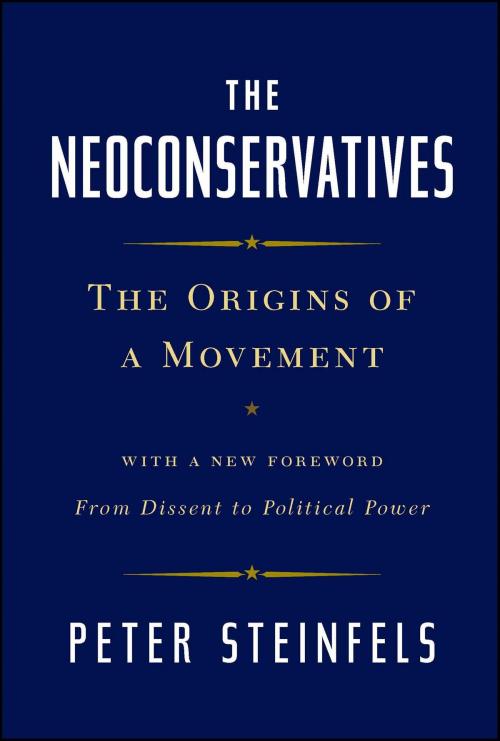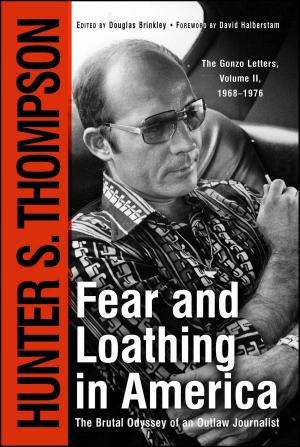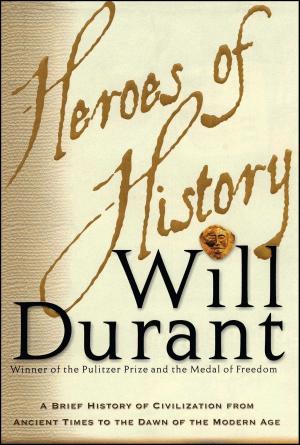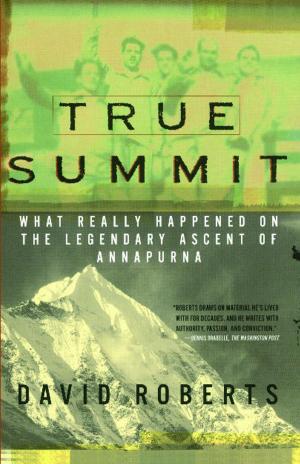The Neoconservatives
The Origins of a Movement: With a New Foreword, From Dissent to Political Power
Nonfiction, History, Americas, United States, Social & Cultural Studies, Political Science| Author: | Peter Steinfels | ISBN: | 9781476729701 |
| Publisher: | Simon & Schuster | Publication: | November 19, 2013 |
| Imprint: | Simon & Schuster | Language: | English |
| Author: | Peter Steinfels |
| ISBN: | 9781476729701 |
| Publisher: | Simon & Schuster |
| Publication: | November 19, 2013 |
| Imprint: | Simon & Schuster |
| Language: | English |
In 1979, Peter Steinfels identified a new movement and predicted it would be the decade’s most enduring legacy to American politics. In a new Introduction he describes its evolution from a reaction to Sixties' social change into an entrenched political force promoting an assertive, even belligerent, foreign policy.
The Neoconservatives traced the origins and described the beliefs of a movement that had barely been labeled. Four decades later, the neoconservatives have become the “neocons,” advising presidential candidates, manning think tanks, churning out books, op-eds, TV interviews, and policy proposals. They played a key role in pushing the nation into the war in Iraq and continue to argue for an assertive American foreign policy, whether toward Iran, Afghanistan, North Korea, or China, that does not hesitate to act unilaterally with military power.
The Neoconservatives probes the roots of this movement as it describes its early days with portraits of Irving Kristol, Daniel P. Moynihan, Daniel Bell, Nathan Glazer, Samuel Huntington, and others. Peter Steinfels was the first critic to understand and gauge an emerging philosophy that would grow into an enduring force at the forefront of American foreign policy making. The Neoconservatives is an important contribution to our political history.
In 1979, Peter Steinfels identified a new movement and predicted it would be the decade’s most enduring legacy to American politics. In a new Introduction he describes its evolution from a reaction to Sixties' social change into an entrenched political force promoting an assertive, even belligerent, foreign policy.
The Neoconservatives traced the origins and described the beliefs of a movement that had barely been labeled. Four decades later, the neoconservatives have become the “neocons,” advising presidential candidates, manning think tanks, churning out books, op-eds, TV interviews, and policy proposals. They played a key role in pushing the nation into the war in Iraq and continue to argue for an assertive American foreign policy, whether toward Iran, Afghanistan, North Korea, or China, that does not hesitate to act unilaterally with military power.
The Neoconservatives probes the roots of this movement as it describes its early days with portraits of Irving Kristol, Daniel P. Moynihan, Daniel Bell, Nathan Glazer, Samuel Huntington, and others. Peter Steinfels was the first critic to understand and gauge an emerging philosophy that would grow into an enduring force at the forefront of American foreign policy making. The Neoconservatives is an important contribution to our political history.















